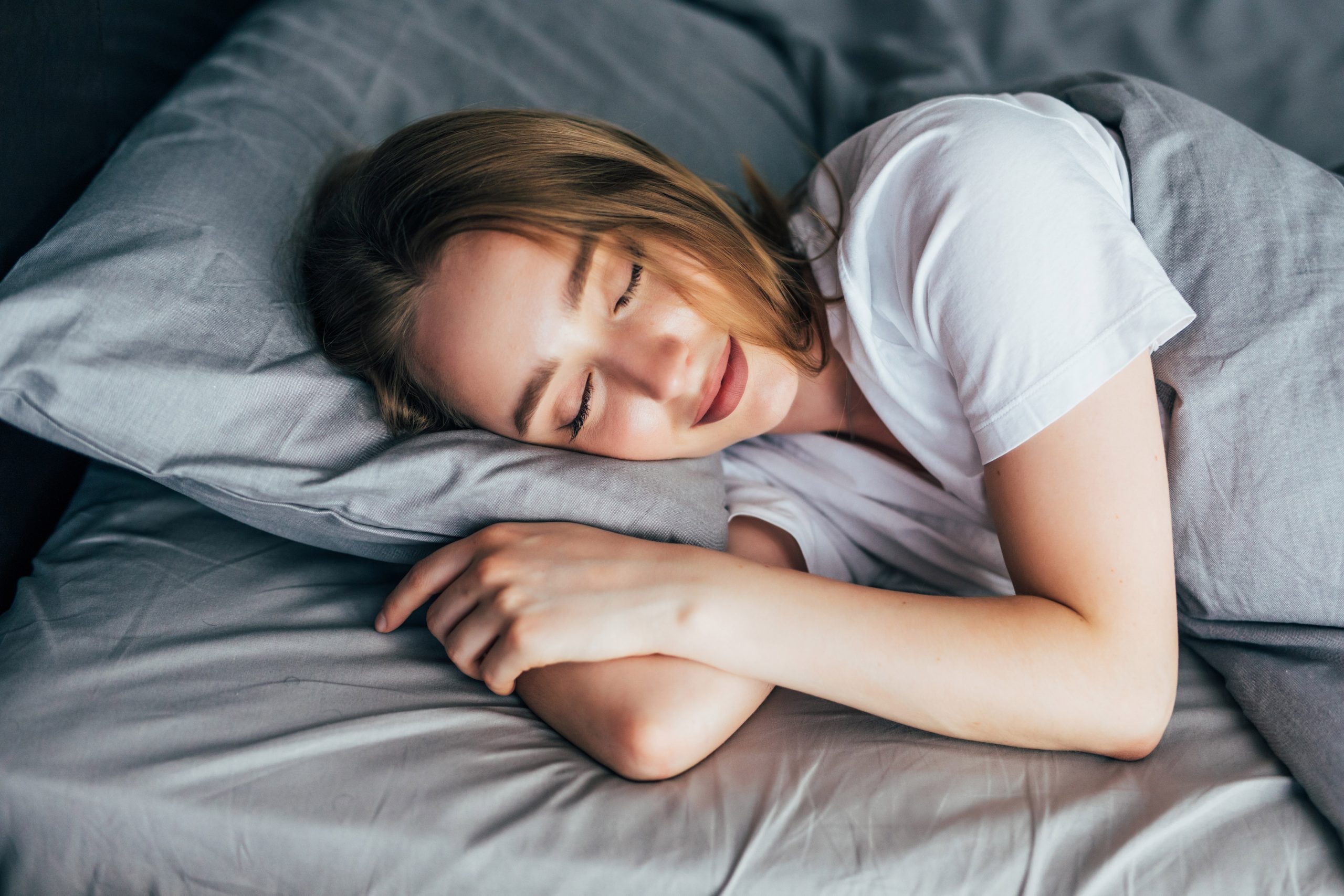Attention Deficit Hyperactivity Disorder (ADHD) is a common neurodevelopmental condition that affects both children and adults. While medications and therapy are traditional treatment methods, many people are exploring natural ways to manage ADHD symptoms, and one promising area is improving sleep quality. But can better sleep reduce symptoms of ADHD naturally?
Thank you for reading this post, don't forget to subscribe!This article explores the science behind sleep and ADHD, the impact of sleep deprivation on attention and behavior, and practical tips for establishing healthy sleep habits.
The Connection Between Sleep and ADHD
Why Sleep Matters for ADHD
Research shows that sleep and ADHD symptoms are closely linked. People with ADHD often experience sleep disorders such as insomnia, restless leg syndrome, or delayed sleep phase disorder. Poor sleep can exacerbate key ADHD symptoms, including:
- Inattention
- Impulsivity
- Hyperactivity
- Emotional dysregulation
Inadequate or low-quality sleep can mimic or intensify ADHD symptoms, making it harder to focus, regulate emotions, and complete tasks effectively.
Biological Overlap Between ADHD and Sleep Problems
Studies suggest a shared neurological basis between ADHD and sleep regulation. Both involve irregularities in the dopamine system, the circadian rhythm, and prefrontal cortex activity. This overlap makes people with ADHD more vulnerable to sleep disruptions, and in turn, those disruptions worsen ADHD symptoms.
Can Better Sleep Reduce ADHD Symptoms Naturally?
Improving sleep can naturally reduce symptoms of ADHD in both children and adults. When individuals with ADHD get consistent, high-quality sleep, they often report improvements in:
- Focus and attention span
- Emotional stability
- Memory and learning
- Behavior and self-control
While sleep is not a cure, it is a powerful, natural intervention that supports brain function and mental health.
How to Improve Sleep Quality for ADHD
Here are some evidence-based, natural strategies to promote better sleep and reduce ADHD symptoms:
1. Establish a Consistent Sleep Schedule
Going to bed and waking up at the same time every day helps regulate the body’s internal clock. A consistent sleep routine for ADHD can improve both sleep quality and daytime functioning.
2. Create a Calming Bedtime Routine
Wind down with relaxing activities like reading, meditating, or taking a warm bath. Avoid stimulating activities, especially screen time, at least an hour before bed.
3. Optimize the Sleep Environment
Keep the bedroom dark, cool, and quiet. Use blackout curtains, white noise machines, or weighted blankets to make the environment more conducive to sleep.
4. Limit Caffeine and Sugar Intake
Stimulants like caffeine and sugar can interfere with falling asleep. Reduce consumption—especially in the afternoon and evening.
5. Use Natural Supplements with Caution
Some natural remedies like melatonin for ADHD sleep problems have shown promise, but consult a healthcare provider before starting any supplement.
What the Research Says
- A 2019 review in Sleep Medicine Reviews concluded that improving sleep led to significant behavioral improvements in children with ADHD.
- Another study in Pediatrics found that sleep interventions were as effective as some medications in reducing hyperactivity and impulsivity.
- Adults with ADHD who improved their sleep hygiene also reported better productivity and emotional regulation, according to research published in Journal of Attention Disorders.
If sleep issues persist, it may be time to consult a sleep specialist or ADHD clinician. Sleep disorders like sleep apnea, restless leg syndrome, or delayed sleep phase syndrome are common in ADHD and require targeted treatment.
Also read: What Is Moon Breathing And Does It Really Help You Sleep
So, can better sleep reduce symptoms of ADHD naturally? The answer is a resounding yes—for many individuals, quality sleep can be a game-changer. While sleep is not a substitute for comprehensive treatment, it’s a critical pillar in managing ADHD naturally. By prioritizing good sleep habits, individuals can experience better focus, fewer symptoms, and improved quality of life.



